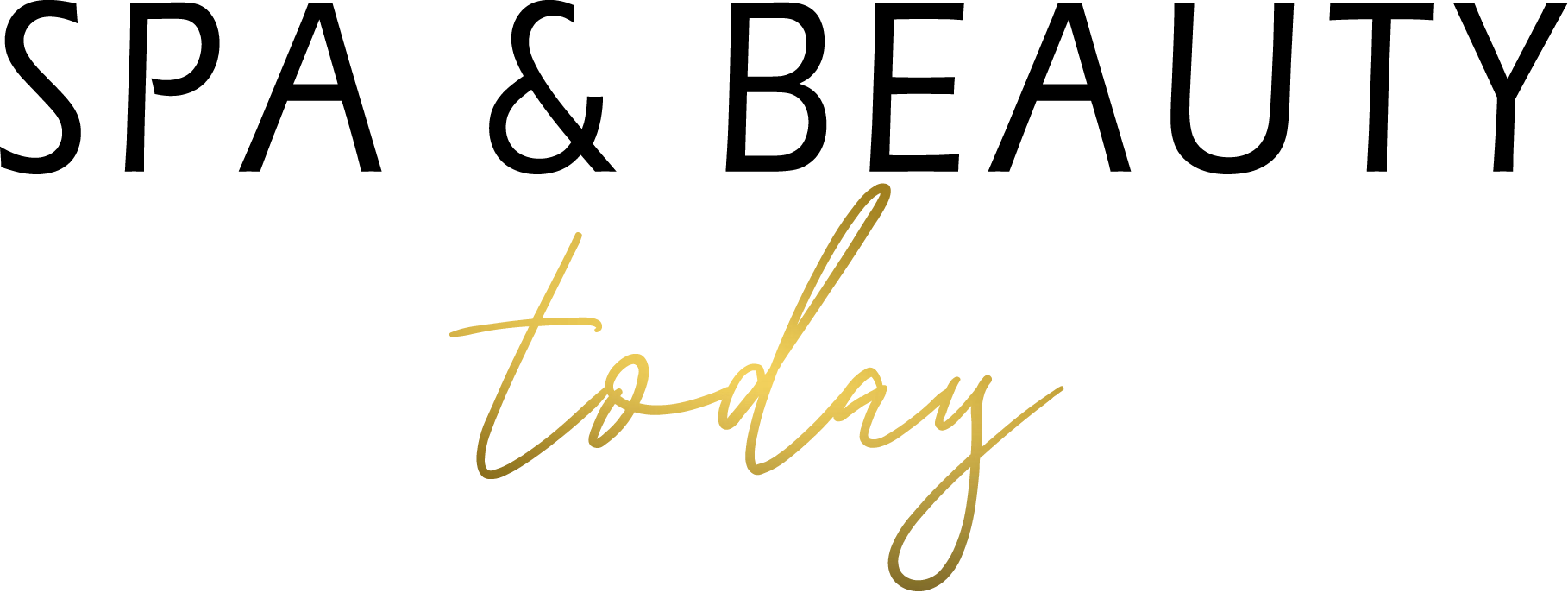5 Tips for Avoiding 'Maskne'
[Photo by Ani Kolleshi]
As a result of COVID-19, we’ve had to adjust to a new normal of wearing masks when we go out in public. For many of us that have to wear masks multiple hours a day, masks can cause skin irritation and acne (aka “maskne”) in some cases. Fortunately, there are several solutions for the skin issues you’re experiencing.
Protect Yourself With These Stylish Face Masks
“Masks are here to stay, so it’s important that our skincare routines are modified to help minimize acne flare-ups and skin irritation caused by mask usage,” says Elizabeth Mullans, M.D., a Board-Certified dermatologist at Uptown Dermatology in Houston, Texas. “Remember that your skin is your body’s largest organ and the products you use matter. If you feel that you have done all that you can to avoid skin irritation, and the problem persists, consult with your dermatologist.
Deep Blue Med Spa Offers Virtual Consultations to Essential Workers
Here, Dr. Mullans offers advice on how to properly clean a cloth face mask to stay healthy, and avoid skin irritation and acne breakouts caused by harsh chemicals and residue:
Choose a cotton fabric. The CDC recommends wearing a cloth face covering in public settings. 100% cotton is advisable as it absorbs moisture and is far less irritating to the skin than other materials.
Clean your mask daily. Wash your mask daily to avoid the build-up of bacteria. Since a mask rests on your face, harsh chemicals and alcohols can indicate a skin reaction waiting to happen. Use a hypoallergenic and fragrance-free detergent, like Arm & Hammer Sensitive Skin, Free & Clear Detergent. When laundering your mask, make sure to use the warmest recommended water setting and dry on the highest heat setting. Try adding a splash of white vinegar to the load for its antibacterial, antiviral, and antifungal properties.
Wash your face twice a day. Use a gentle cleanser twice a day like Cetaphil or CeraVe, both before and after wearing a mask. Acne-prone individuals might benefit from cleansers that contain salicylic acid. You can spot-treat pimples with a salicylic acid, sulfur, zinc, or 2.5% benzoyl peroxide gel.
Use a light moisturizer. Stay well moisturized to protect your skin’s barrier. Look for a moisturizer with hyaluronic acid and/or ceramides. Consider treating yourself to a hydrating mask if your skin tends to be dry.
Avoid makeup. Try to keep makeup to the bare minimum to allow your skin to breathe and reduce clogged pores. Switch to makeup and moisturizers that are non-comedogenic.
For more information, visit Uptown Dermatology’s website and follow them on Facebook.
Kamala Kirk is a University of Southern California graduate and has been an editor/writer for more than a decade. She has written for E! Online, Total Beauty, TravelAge West, Malibu Times Magazine, and many more. She resides in Los Angeles and is a proud pug mom. Follow her on Instagram: @kamalakirk

![[Photo by Ani Kolleshi]](https://images.squarespace-cdn.com/content/v1/5a5596188dd0411a8df1b41a/1592342782459-DG6M79VEDB67YM4PF56L/mascne.jpg)
